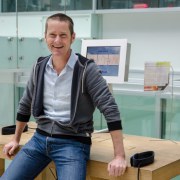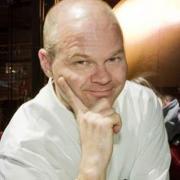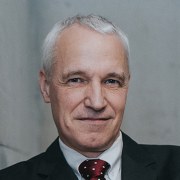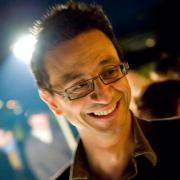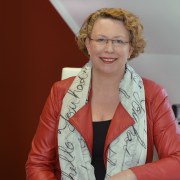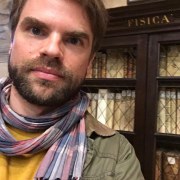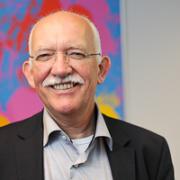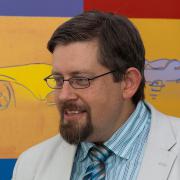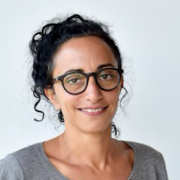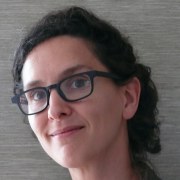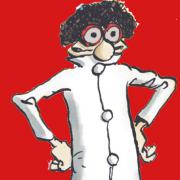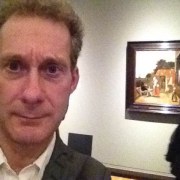Rethinking science centres-universities partnerships
A growing number of science centres aim to invite the public to be part of science itself. This requires science centres to rethink their relations with universities - real love or marriage of convenience? Academia can be a notoriously reluctant partner to work with. An often puzzling internal organisation combined with a strong competitive research culture may lead to frustration in collaborations with non-academic others.
This session will be facilitated by a number of university-science centre "couples". After a general exploration of the many aims that may shape such structural collaborations and the Responsible Research an Innovation (RRI) keys involved, participants will be invited to join a smaller group around one of these "couples" and explore dilemmas and good practices. Speakers and participants will exchange models for successful cooperation, drawing on cases from EU-projects like IRRESISTIBLE, NUCLEUS, INMEDIATS, PLACES and others. Discussed issues will range from outreach and engagement all the way to consequence for public governance and the socio-economic impact of research.
Session speakers
Mikko Myllykoski will review his experience integrating current research in exhibitions in Heureka - Helsinki, only possible in collaboration with closeby University of Helsinki. Research and publishing went hand in hand here.
Ian Brunswick will discuss his experience developing the identity of 'white hot' Science Gallery - Dublin, a strong brand closely tied to Trinity College Dublin. Why -and how- does this mariage work in Dublin?
Herbert Muender will bring in his leadership in developing the identity of Universum - Bremen in an innovation region, with University of Bremen, an 'excellenz universität' nearby.
At-Bristol Science Centre
Phil Winfield, leading @Bristol science center, works closely with the University of Bristol and the University of the West of England, both in Bristol. What kind of projects work for which partner?
Laurent Chicoineau directs the developing of the research profile of CCSTI Grenoble, and will critically review his recent attempts to reach new audiences with the University of Grenoble. A bumpy ride, in his experience.
Annette Klinkert will bring in her experience with two major Science w/f Society-projects, PLACES (2010-2014) and NUCLEUS (2015-2019), building -among others- science center university networks.
Antti Laherto, a post doc researcher at Helsinki University, brings in his experience building collaborations with science centres, educational researchers and school teachers.
Jan Apotheker will bring in his experience coordinating the major Science in Society-project IRRESISTIBLE (2014-2016), building communities of practice of science center and university staff with school teachers.
Paul Hix will reflect on his experience with major Science in Society-projects, NANOTOTOUCH (2009 - 2011), PLACES (2010-2014), and IRRESISTIBLE (2015-2019) building bridges between the Deutsches Museum and Technical University of Munich.
Associate Professor of Science Education
Lucy Avraamidou, professor of science communication at the University of Nicosia, studies networks and environments to merge formal and informal learning. She will point out the key factors in collaborations in different contexts.
Freelance - co-creation practices and projects
Malvina Artheau, Science Animation, is involved in the major INMEDìATS (2012-2017) project to renew the current practices of dissemination of science in France, she will highlight the possibilities of digital and merged collaborations.
Head of Science/Culture Dpt
Thierry Brassac, University of Montpellier, will make clear how informal learning is key for university outreach programmes; what are the main strengths and weaknesses of working on dissemination in a university? What kind of interactions/complementarities should be expected between universities and science centers?
director science centre delft
Michael van der Meer, director of Science Center Delft, will bring in how his center -a department of Delft University of Technology- plays an essential role in the universities outreach programme.

